Introduction
We know that the house always wins but where did the house come from? That’s what we’re covering today in this post about the history of casinos. Below you’ll find a short rundown of gambling venues throughout time, from the first official casino to the establishment of iconic locations like Monaco and Las Vegas.
Nowadays, casinos have advanced into the online world too, so you can play casino games from the comfort of your own home. You can see more here about gambling and how online casinos work.
Furthermore, in today’s modern era, there are even Paypal casinos that allows players to enjoy the game while at home or even while traveling.
Roman Gambling
Gambling has been around since the very dawn of civilization. We know this because archaeologists have uncovered dice that are thousands of years older than the birth of Christ, so they’re pretty old.
Dice and other paraphernalia are thought to have been used by so-called fortune-tellers who worked with magic and then they fell into gambling culture later.
The first circuses in ancient Rome took place in 600 BC, some 2,600 years ago, and they allowed citizens to make money bets and play craps with rudimentary dice. While the Roman circuses were popular and the plebeians would place bets on everything from dice games to chariot races, it wasn’t quite the first casino ever.
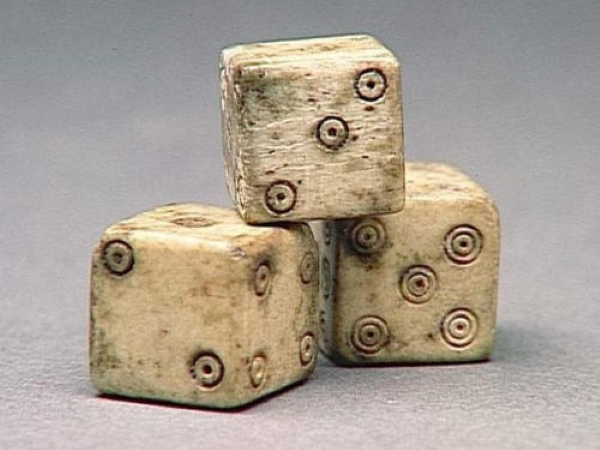
The First Casino
The first casino would take form thousands of years later in Italy. While the old circuses started in Rome, it was 17th Century Venice that was the life of the party. The Carnivale de Venezia was an extravagant masquerade that celebrated Shrove Tuesday and marked the beginning of Lent. Games were played at the carnival and it was the only time where gambling wasn’t illegal, although you had to take your mask off so that your face was visible while playing.
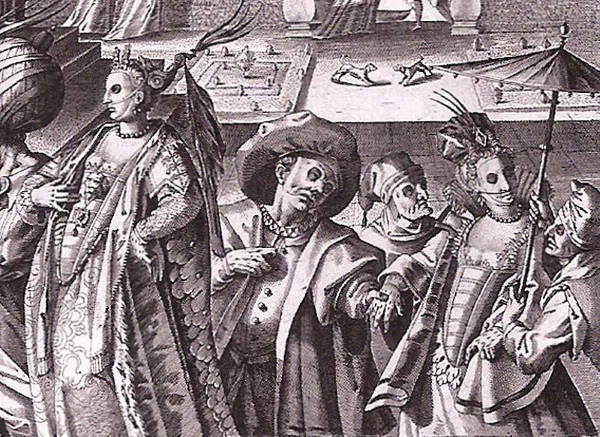
With that context, it’s no surprise that Venice was where the first casino was later founded in 1638. That was Il Ridotto, the world’s first legal gambling establishment. The term casino is an Italian word for “small house” because, before Il Ridotto was founded, citizens used their houses to host games.
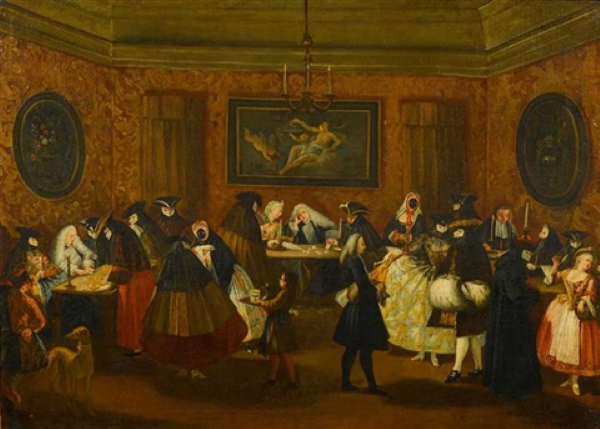
Il Ridotto was taxed heavily but eventually, Church pressure forced the government to make gambling illegal again, closing the establishment down in 1774. There were also suspicions that it was impoverishing the upper classes due to their frivolous spending there.
The Church & The Casinos
From here, the churches of Europe were united in their denouncement of gambling as a sinful practice. Despite being made illegal all over the continent, casinos spread out of Italy and to the surrounding countries.
There were still figures associated with the Church who were pro-gambling, Cardinal Jules Mazarin being a prominent example. This Italian cardinal was also a shrewd diplomat and politician who advised the French monarchy. He saw the immense value in allowing gambling and then taxing the establishments that facilitated it. Nearly a century after his death in 1661, his arguments paid off when France opened its first casino in 1765. It was the French casino scene that brought us the roulette wheel.
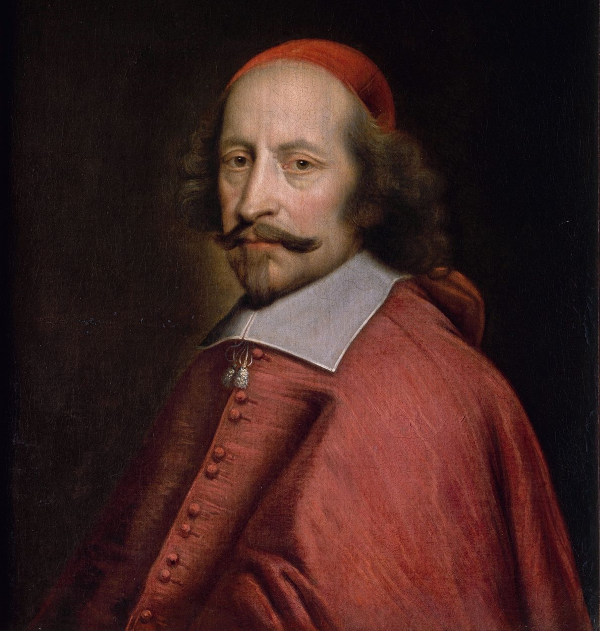
Throughout the spread of casinos throughout Europe, it was the position of the Catholic Church and Protestant denominations that gambling was a sin, particularly greed and the lust for wealth. Nowadays, Christian views on gambling are scattered. Some denominations, including the Catholic Church, accept it as long as it is fair while some Protestant holdouts insist it is immoral, no matter if it’s legal or not.
Monaco & Vegas
It was the 19th Century where European casinos would explode in popularity. They were becoming more luxurious, so they had aesthetic appeal and started to become associated with sophisticated, comfortable lives. They even became the venue for social occasions and political gatherings.
That was until they were forced to close yet again after new gambling legislation. This affected most casinos in Europe… except for one. The only prominent casino that stayed afloat was the Monte Carlo because the Principality of Monaco did not restrict gambling. This made Monaco a popular destination for those who wanted to try their luck.
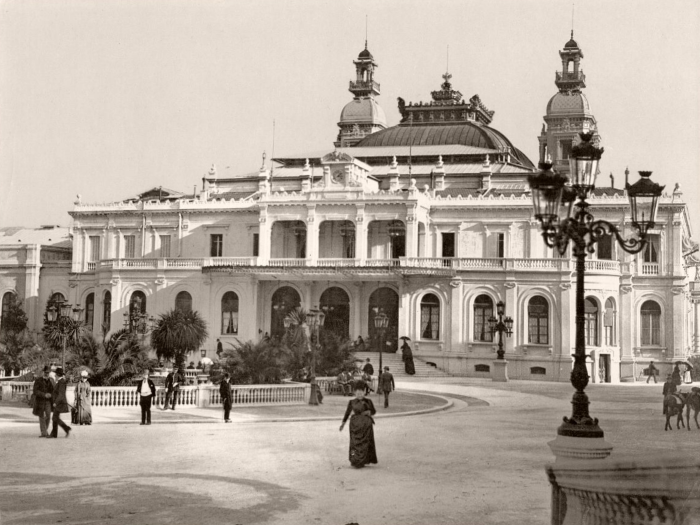
A similar situation led to the founding of Las Vegas in the early 20th Century, where the Mafia and other unsavory individuals profiting from Prohibition Era USA established casinos in Las Vegas. The Nevada state government quickly realized the profit that was to be made and was required for the construction of Hoover Dam, and so it became a gambling haven in the American West.
Even today, Monaco and Las Vegas are known for their casinos and gambling establishments.





